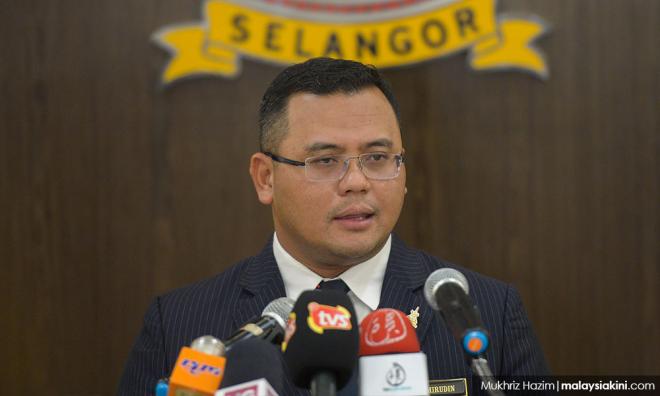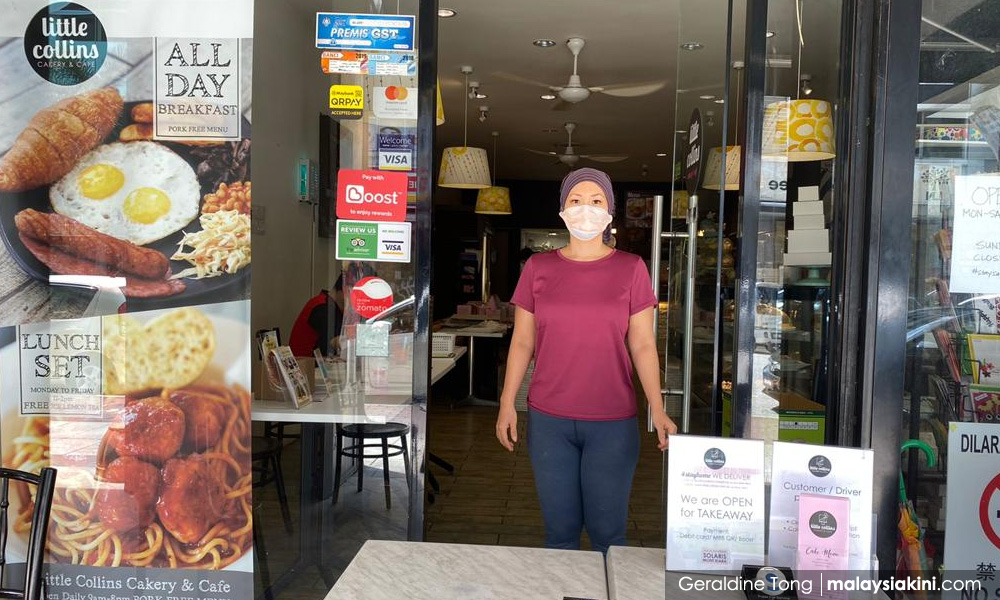
Selangor has defended its decision to not allow certain industries to resume business under the conditional movement control order (MCO).
Menteri Besar Amirudin Shari (above) said the action taken by the state not only falls within the jurisdiction of the state government but within the scope of the law.
"We came out with a decision that will be adjusted (according to the situation)," he said.
Selangor made the decision based on research done by relevant agencies and officials, and a few meetings with the National Security Council at the state level, according to Amirudin.
Yesterday, Senior Minister Azmin Ali warned that state governments could be sued by companies if they refused to reopen their economies following the implementation of the conditional MCO.
Malaysia has begun easing MCO restrictions and reopened its economy yesterday, but some states have imposed additional restrictions or are delaying the reopening of businesses altogether.
Selangor opted to restrict the number of businesses that can resume operations.
Eateries can continue to provide takeaway food but are not allowed to have dine-in customers despite the conditional MCO stating it is allowed with social distancing measures in place.

Food vendors without premises and food trucks can only resume business after the MCO ends by May 12.
"I am sure (the companies) might take (legal) action. We are a constitutional monarchy which (is governed by) laws. But this is within our jurisdiction," Amirudin said.
"This is just a transition period where we should be careful in our action after we flatten the curve of Covid-19.
"We cannot allow any negligence that may result in a big (Covid-19) cluster like what happened with the Sri Petaling cluster before," he added.
"We chose a soft landing as compared with a crash landing," he said.
In a statement later, state executive councillor Teng Chang Khim said the decision by the state is constitutional.
Teng referred to the Federal Constitution which states the local government falls under the jurisdiction of the state government while public health, sanitation and prevention of diseases are under the concurrent jurisdiction of the federal and state government.
The state authority may issue an instruction to local authority on matters that affect the interest of the locals, he said.
He added the local authority has the power to safeguard public health by taking all necessary and reasonable practicable measures.
"(As such) the state government was acting precisely within its jurisdiction and powers conferred by the Federal Constitution and the Local Government Act," stressed Teng.
"There is no conflict or inconsistency whatsoever in the concurrent enforcement of the conditional MCO and the additional conditions imposed by the state government through the local governments.
"In fact, both the conditional MCO and the Local Government Act should be harmoniously read together to ensure the success of protecting the people from the infection of the coronavirus," he said. - Mkini


No comments:
Post a Comment
Note: Only a member of this blog may post a comment.